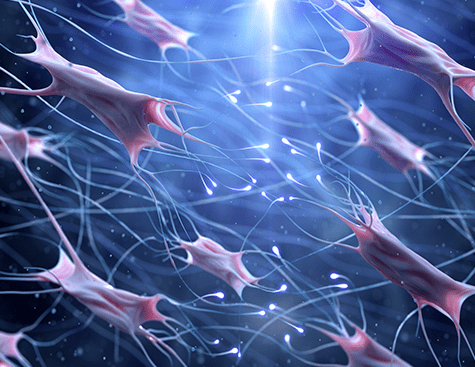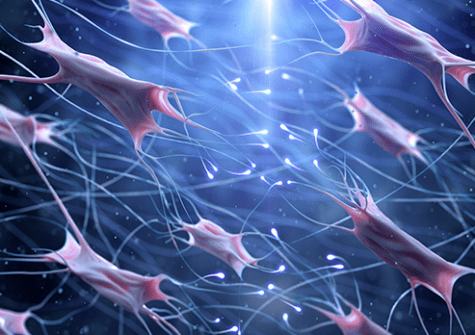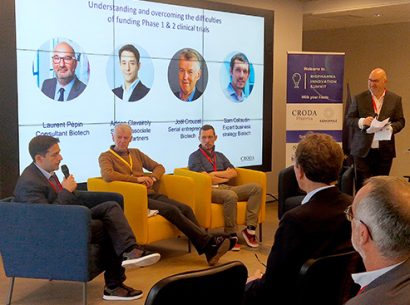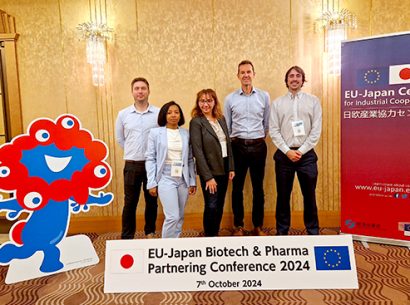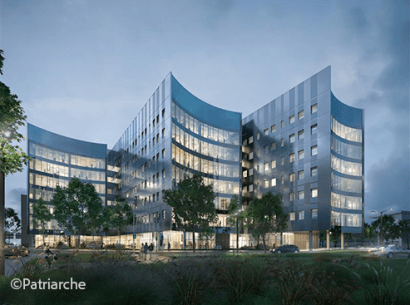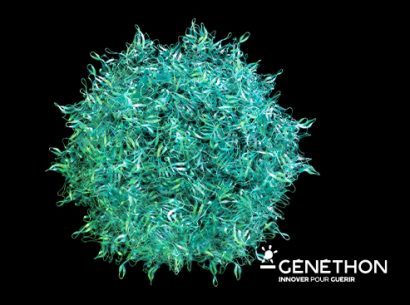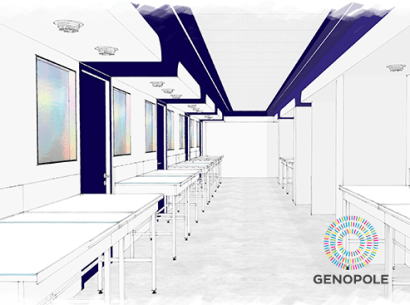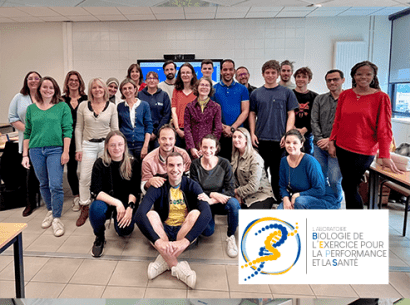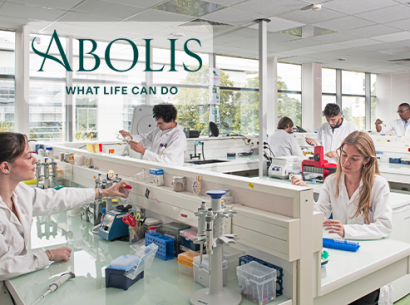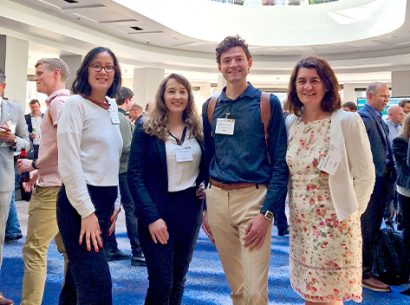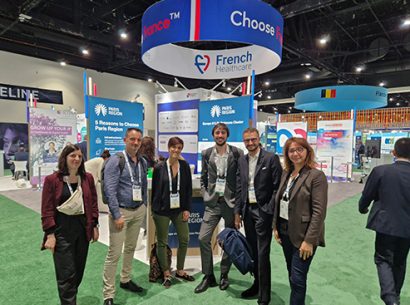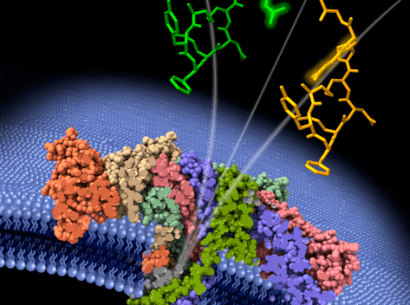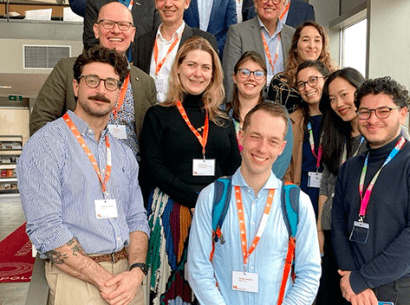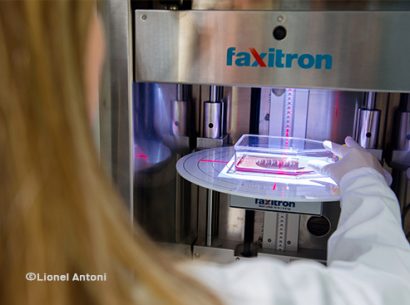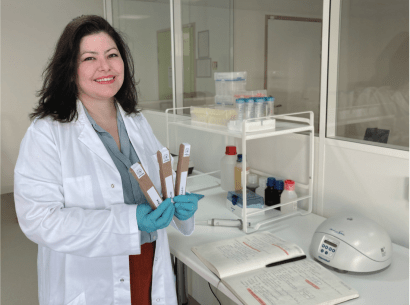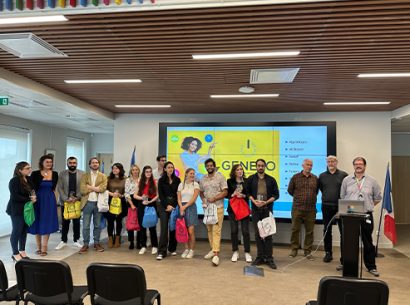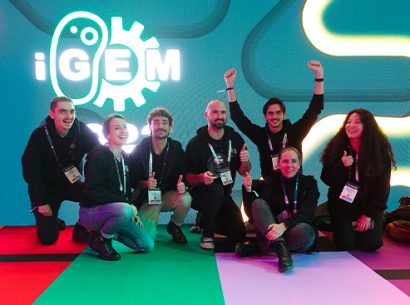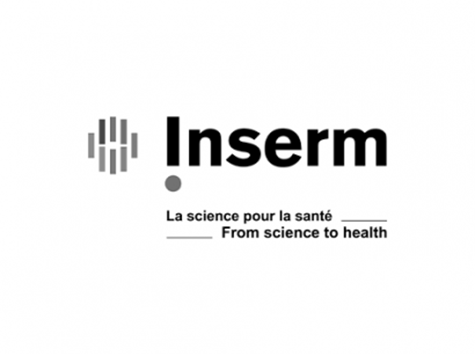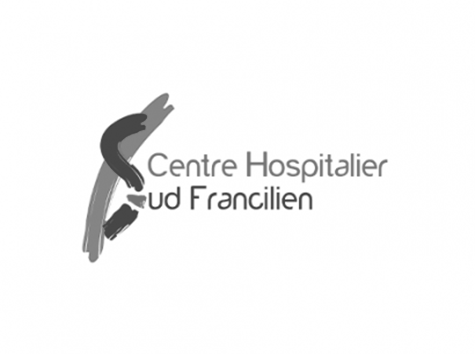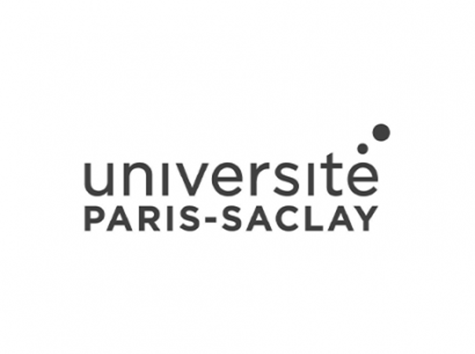
They showed that in both pathologies, metabolic reprogramming appears to occur in the cells responsible for the structural framework of tissues, the fibroblasts, which resultantly take on an aggressive phenotype.
The GenHotel team hypothesized that this reprogramming provides a way for the fibroblasts to survive in the toxic cellular environment provoked by the diseases, but also ends up contributing to it. The laboratory is launching another study to elucidate the phenomenon, which could prove to be a target for novel therapies.
The role of connective tissue is to support, separate and ensure exchanges between the organism’s other tissues. The most abundant cells in the connective tissues are fibroblasts. These latter modulate the composition of the extracellular matrix and regulate numerous physiological processes. They build the tissue structural framework, called the stroma, and play essential roles in the healing process.
Fibroblasts can also undergo a type of transformation, called metabolic reprogramming, in response to certain stimuli and thereafter show a more aggressive phenotype.
Similarities between rheumatoid arthritis and cancer
Metabolic reprogramming is critical for transitioning fibroblasts from a state of quiescence (rest) to one of activity and aggressiveness. In their literature review, GenHotel Associate Professor Anna Niarakis and PhD students Sahar Aghakhani (Paris-Saclay University) and Naouel Zerrouk (CIFRE SANOFI) showed that fibroblasts associated with rheumatoid arthritis and those associated with cancer present comparable metabolic reprogramming. Notably, in both cases, glucose metabolism is increased.
In cancer, metabolic reprogramming in fibroblasts is associated with progression and therapeutic resistance, and in rheumatoid arthritis, it contributes to disease chronicity and acute joint inflammation.
A hypothesis: fibroblast adaptation to toxic conditions created by disease
In their work, the GenHotel researchers hypothesized that these diseases create a similar toxic cellular environment—within the affected joints in rheumatoid arthritis and around the tumor in cancer—that favors this reprogramming toward fibroblastic activity and aggressiveness, which, in turn, increasingly amplifies the pathological processes. They then went on to suggest systems biology approaches as a pathway to a better understanding of the complex mechanisms underlying metabolic reprogramming in this setting.
Elucidate key mechanisms and identify therapeutic targets with systems bioinformatics
Supported by a PhD grant from Paris-Saclay University, the GenHotel team is launching a study to compare and better understand fibroblast metabolic reprogramming in rheumatoid arthritis and cancer, especially as concerns the regulatory pathways for glucose metabolism.
The team is specialized in systems biology and bioinformatics. It develops systems biology modeling approaches and molecular interaction maps to study complex diseases. Their methods build upon advances in transcriptomics, proteomics, metabolomics and immunometabolomics. With such tools, the team is able to not only precisely describe cellular biochemical pathways but also perform in silico simulations of perturbations caused by such factors as inflammation, hypoxia, reactive oxygen species, etc., notably as concerns fibroblasts in the present settings of rheumatoid arthritis and cancer.
Illustration: Role of fibroblasts in pathological processes and the progression of rheumatoid arthritis and cancer

